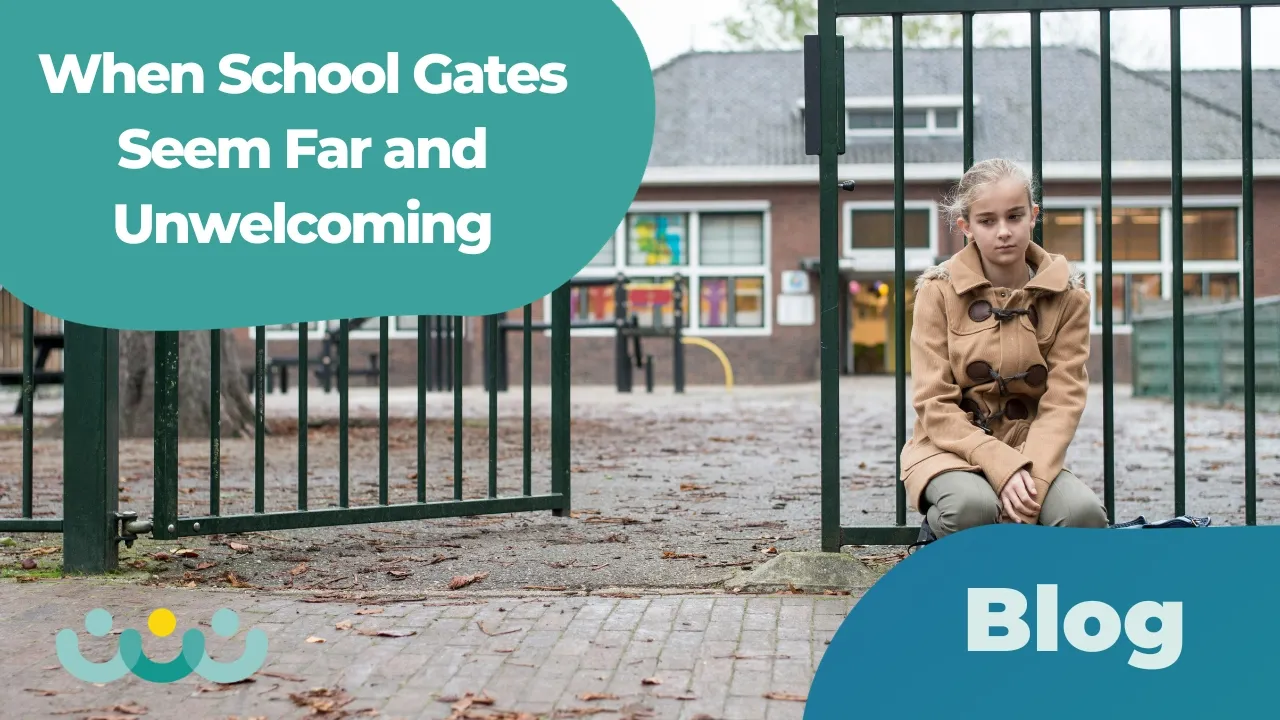For many children and young people (CYP), the school stands as a place which encapsulates moments of joy and lifelong friendships. Yet, for others, the path to the school gate becomes encumbered with multifaceted barriers.
A young boy I recently saw (let's call him Alex), found the school environme...
In the realm of educational policy and practice, the challenges surrounding school attendance, particularly among children and young people with Special Educational Needs and Disabilities (SEND), have garnered significant attention. The July meeting of the Attendance Action Alliance (AAA) explored t...
The Research on the Instruction of Language with Literacy (RILL) project, funded by the Nuffield Foundation, has a clear objective of testing the effectiveness of the RILL programme in improving reading outcomes for 7–9-year-old children, especially those who struggle with reading and writing. The p...
‘Emotionally-based school non-attendance’ (EBSNA) is increasingly understood as a multi-faceted difficulty, with a range of school, home and individual factors contributing to a child’s or young person’s anxiety around attending school.
The literature on this topic therefore highlights the importan...
Nurturing Through Play
Play is a fundamental part of our development and growth. It is through play that we learn and discover our surroundings, develop essential skills such as communication, problem-solving, and creativity, and make sense of the world around us. This is why it is so important to ...
Dr Mollie Higgins, Educational Psychologist, shares the key themes and outcomes of her doctoral research around Autistic Young People experiencing Emotional Based School Avoidance (EBSA). Mollie has been working alongside Dr Jerricah Holder to create a new chapter for the EBSA Horizons EP Course - S...








